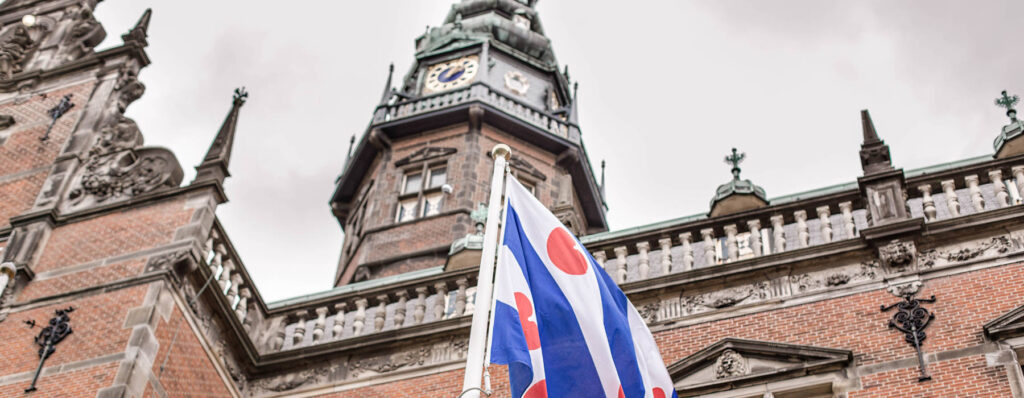De FNP is de partij foar alle ynwenners fan Fryslân. Dé partij foar de regio sûnt 1962.
De FNP giet út fan de krêft fan mienskippen; at dy romte en (eigen) foech krije dan fersterket dat de eigen taal, kultuer en identiteit en dêrmei it wolwêzen. De FNP fielt him thús yn in solidêr Europa en stribbet nei in op alle mêden duorsum Fryslân, lykas ûndernimmende mienskippen, enerzjy, mear bioferskaat en noch mear!
De basis fan de organisaasje leit yn de ôfdielings, dy’t neffens de gemeentlike yndieling organisearre binne. Yn hast alle gemeenten yn Fryslân hat de FNP in ôfdieling mei leden, in bestjoer en in fraksje.

De FNP giet út fan de krêft fan mienskippen; at dy romte en (eigen) foech krije dan fersterket dat de eigen taal, kultuer en identiteit en dêrmei it wolwêzen. De FNP fielt him thús yn in solidêr Europa en stribbet nei in op alle mêden duorsum Fryslân, lykas ûndernimmende mienskippen, enerzjy, mear bioferskaat en noch mear!